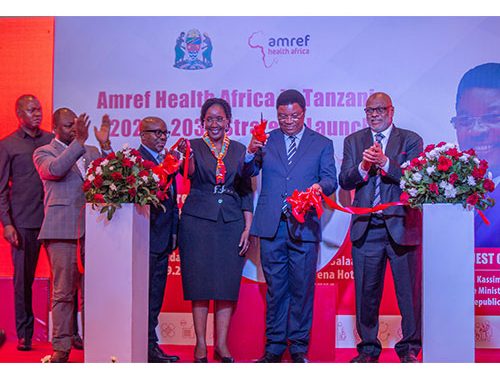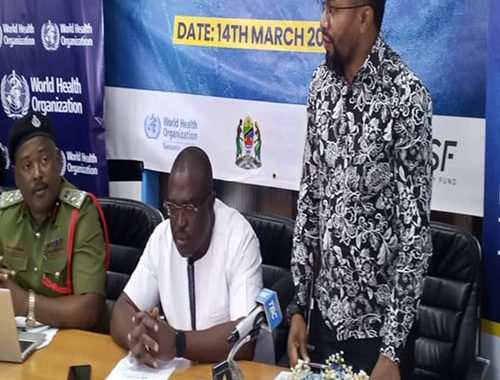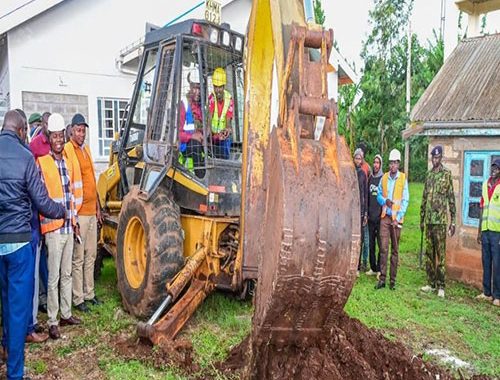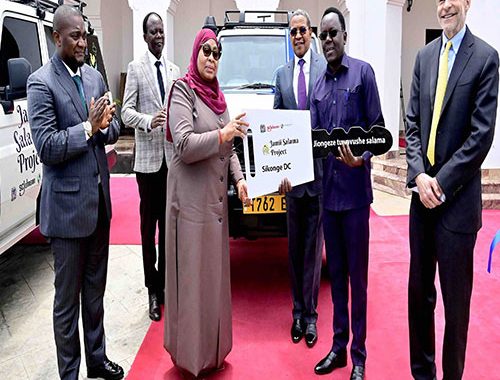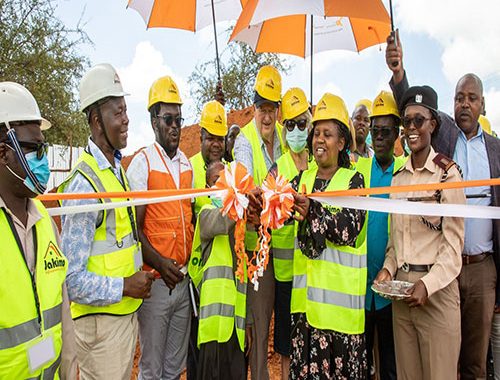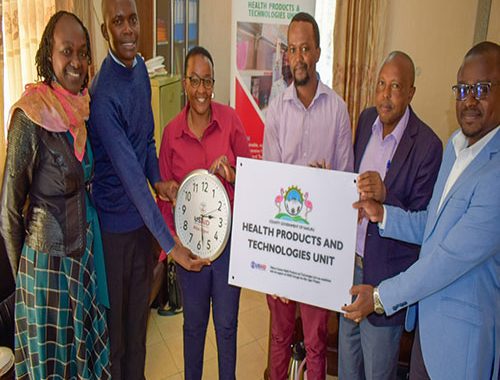Amref Health Africa- Tanzania (Amref) has formally begun a revolutionary project to improve epilepsy care and support for individuals with neurological illnesses in partnership with the Tanzanian government through the Ministry of Health. Targeting the districts of Bahi and Chamwino as pilot districts for scalable, community-based epilepsy care, the new initiative, named “Enhancing Epilepsy Care in Africa (EECA),” was formally introduced in Dodoma.
The Ministry of Health (MOH), the President’s Office, Regional Administration and Local Government (PO-RALG), the Tanzania Epilepsy Association (TEA), the Parents Organisation for Children with Epilepsy in Tanzania (POCET), the National Institute for Medical Research (NIMR), the University of Antwerp, Belgium and Amref Health Africa Tanzania are all partners in the three-year project, which will run from January 1, 2025, to December 30, 2027. The BAND Foundation and the UCB Innovation for Health Equity Fund are the project’s funding sources.
People with epilepsy, parents, carers and families of those with epilepsy, as well as community leaders, medical professionals and policymakers, are the project’s target audience.
Amref Tanzania’s programs on Strengthening Health Systems (HSS) and Empowering Communities to deliver sustainable, people-centered healthcare are directly aligned with this project. The project intends to enhance health outcomes and social inclusion for PWE and their families through early diagnosis, better treatment, training for health workers and grassroots anti-stigma initiatives.
According to Dr. Aisa Muya, Director of Programs at Amref Tanzania, “the EECA project is a crucial step in furthering Amref’s mission to strengthen health systems and empower communities. We are fostering long-term community resilience and ownership in addition to enhancing medical access by integrating epilepsy care into Tanzania’s basic healthcare system. In order to provide more accessible and equitable healthcare, this model matches our larger HSS strategy of investing in data, human resources, service delivery and community leadership.
Acting Director of Curative Services, Ministry of Health, Dr. Winifrida Kidima, who presided over the launch, underlined the project’s national importance.
The EECA project will be implemented within Tanzania’s primary healthcare system, guaranteeing institutional ownership, policy alignment and long-term sustainability. Its anti-stigma initiatives, community mobilisation and training of medical professionals, community health workers (CHWs), carers and local influencers will be key components.
The project is expected to lead to stronger government focus on epilepsy and other brain conditions, better community awareness and less stigma and improved ways to prevent, diagnose and treat epilepsy. It also aims to improve how health data is collected and used to support planning and funding, helping to reduce the gap in epilepsy treatment.
Despite impacting millions of people globally, epilepsy frequently goes unrecognised because of stigma and misconceptions, particularly in areas with few resources. In Tanzania, people with epilepsy frequently encounter obstacles in their social lives, careers, education and access to healthcare. The EECA initiative seeks to alter this narrative by putting individuals and communities at the centre of its approach, providing better care along with a revitalised sense of opportunity, inclusion and dignity.

